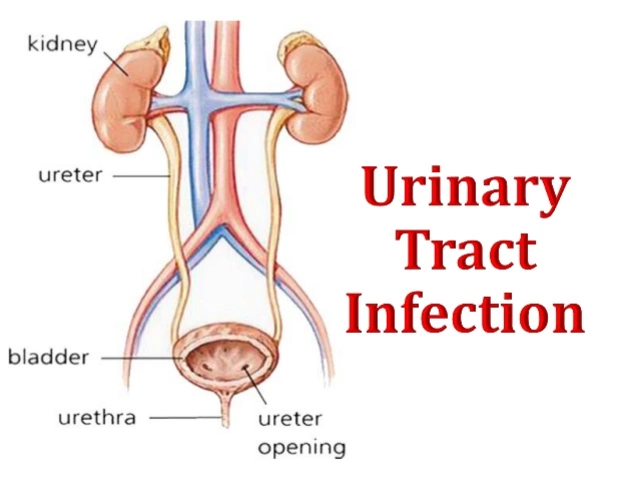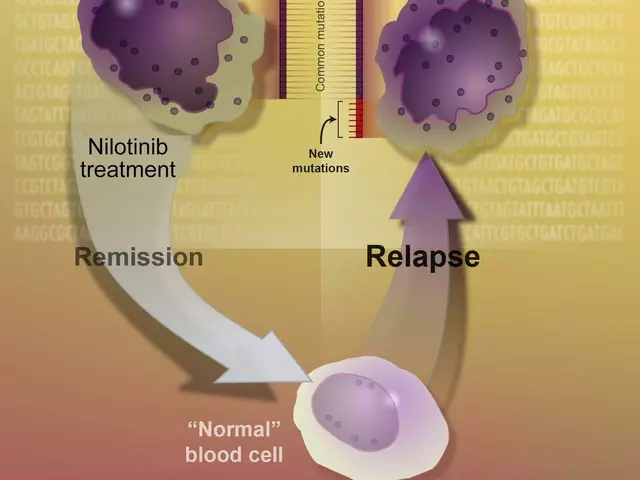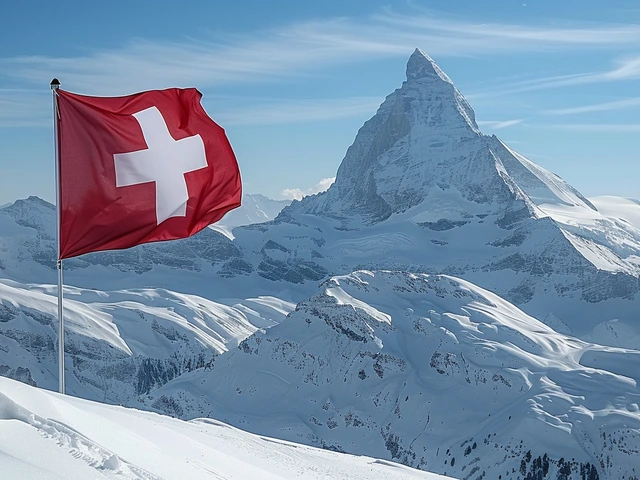
Switzerland Eases Travel Advisory for Sri Lanka: A Positive Shift for Tourism
The recent decision by Switzerland to relax its travel advisory for Sri Lanka marks a significant turn in international perceptions towards the island nation's safety for tourists. This development, signaling confidence in Sri Lanka's improved security measures, is a beacon of hope for the country's tourism sector, which faced unprecedented challenges following the devastating Easter Sunday terror attacks. As the first European country to modify its stance, Switzerland's move could potentially lead to a cascading effect, encouraging other nations to reassess their travel advisories.
Previously, potential travelers were advised against all but essential travel to Sri Lanka, a directive that significantly impacted the country's tourist inflow. It is estimated that around 3% of annual tourist arrivals to Sri Lanka were affected due to heightened concerns for safety. This advisory was a direct consequence of the Easter Sunday bombings, which targeted churches and luxury hotels, claiming numerous lives and shaking the nation to its core. In the aftermath, the Sri Lankan tourism industry suffered losses exceeding $1 billion in revenues, underscoring the vast economic impact of the attacks.
In its quest to rebuild and rejuvenate the tourism sector, the Sri Lankan government has implemented a range of security measures aimed at preventing future incidents. These efforts include enhanced security protocols at key tourist spots and the introduction of safety initiatives designed to reassure international visitors. The relaxation of Switzerland's travel advisory is a testament to the effectiveness of these measures and a significant vote of confidence in Sri Lanka's capacity to ensure the safety of tourists.
The impact of tourism on Sri Lanka's economy cannot be overstated. Prior to the attacks, tourism was one of the country's thriving industries, contributing significantly to the national GDP and providing employment to a large portion of the population. The sector's downturn post-attacks highlighted the vulnerability of economies heavily reliant on tourism. Thus, the Swiss decision to ease travel restrictions is not merely a signal for potential tourists but also a crucial step towards economic recovery for Sri Lanka.
For travelers from Switzerland and possibly other European countries, this development opens up new possibilities. Sri Lanka, known for its rich cultural heritage, stunning landscapes, and warm hospitality, has long been a favored destination for those seeking a blend of adventure, relaxation, and cultural immersion. With the easing of travel advisories, potential visitors can once again consider Sri Lanka as a viable and safe holiday destination.
To ensure a steady recovery of the tourism sector, it is imperative that the Sri Lankan authorities continue their vigilance and commitment to safety. At the same time, the international community's role in supporting Sri Lanka during this period of recovery is crucial. Through collaborative efforts, the hope is to see Sri Lanka's tourism sector flourish once again, contributing to the resilience and prosperity of the nation.





Written by Jakob Fitzroy
My name is Jakob Fitzroy, and I am an expert in pharmaceuticals with a passion for writing. I have dedicated my life to studying medication and understanding how it affects various diseases. My goal is to educate people about the importance of proper drug therapy and prevention methods. I have authored numerous articles, providing valuable insights on medication, its development, and its impact on patients. My driving force is to contribute to the ongoing fight against diseases and improve the overall health and well-being of people around the world.
All posts: Jakob Fitzroy